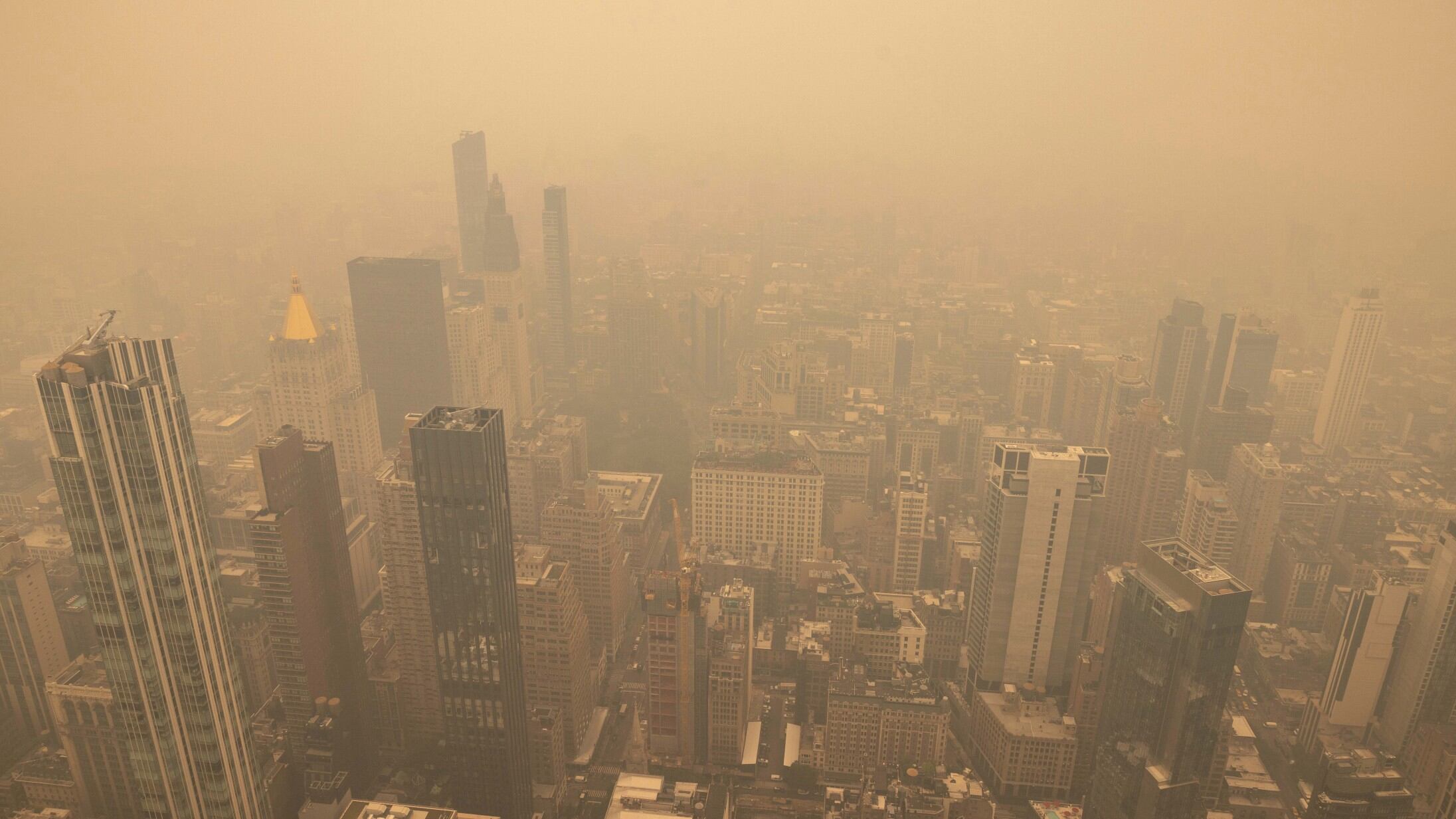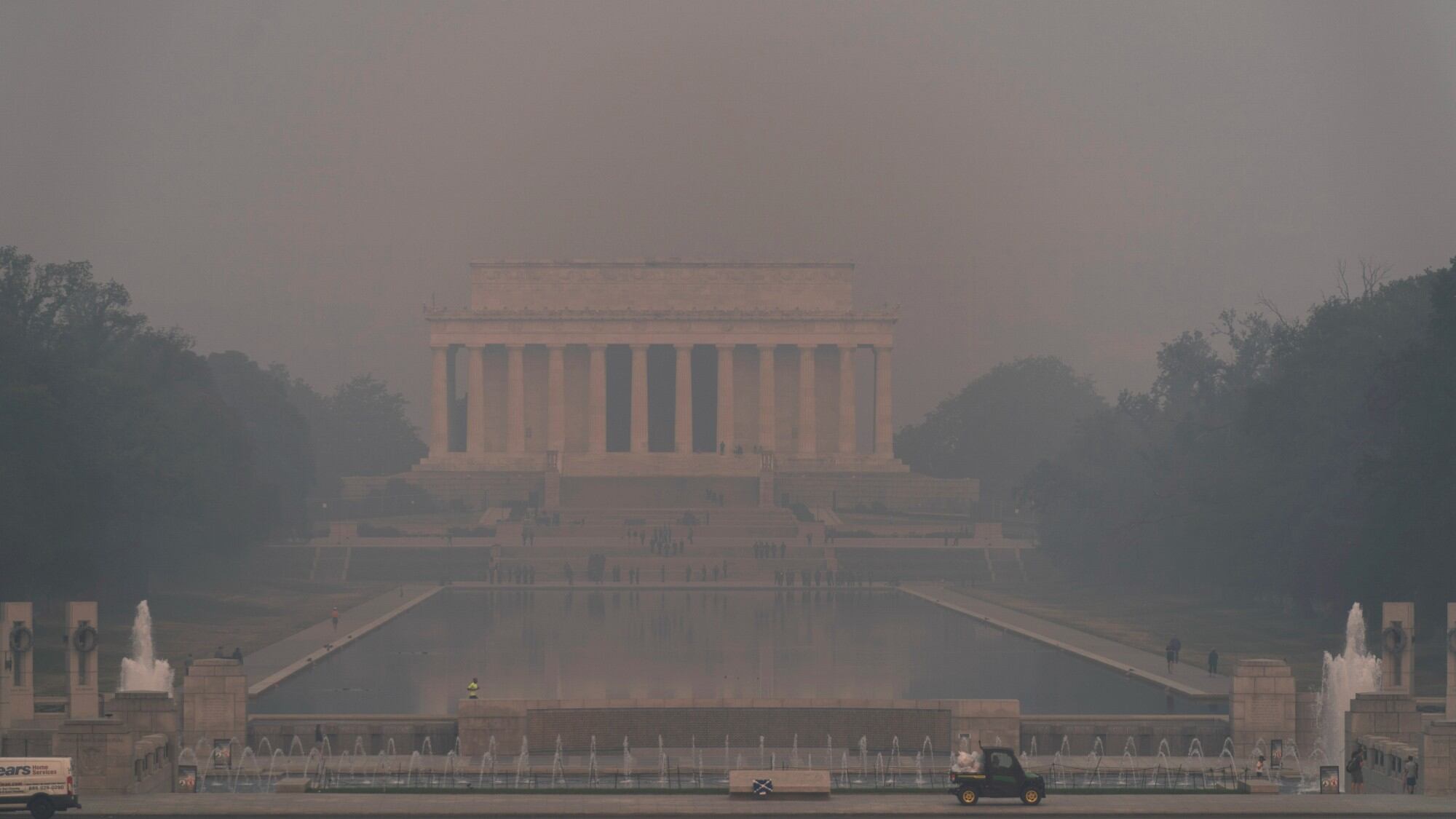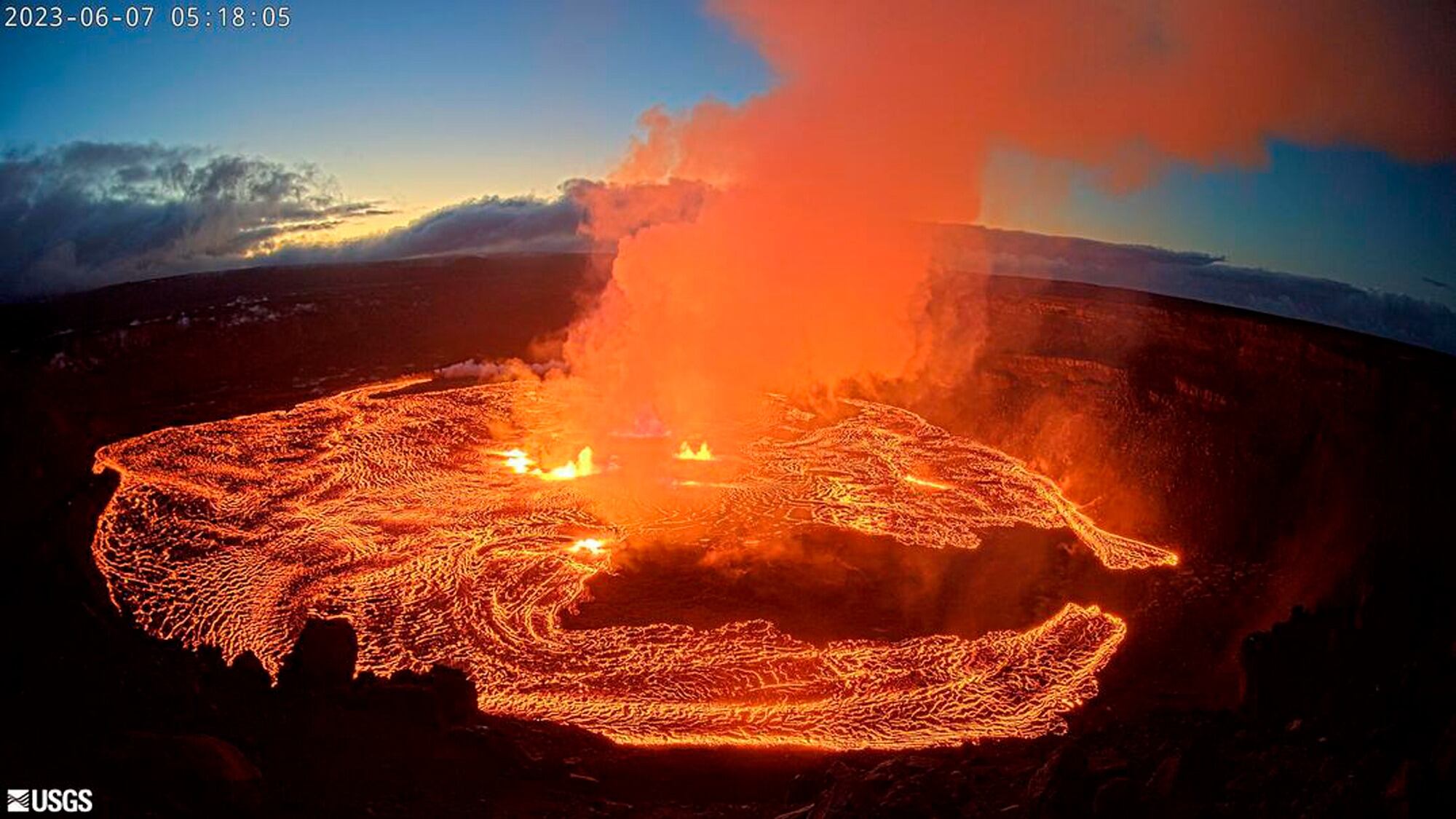CLIMATE CHANGE AND SLEEP
A new study shows that climate change is making it harder to fall asleep. The study, published in Cell Press over the weekend, shows that millions of people are already sleeping less because of higher overnight temperatures. The study looked at people in 68 countries and found that when nights were hotter than 86 degrees, people slept 14 minutes less. That averages out to over 44 hours per year. Here in the U.S., at least 30 percent of adults in most areas reported sleeping less than 7 hours per night, with as many as 43 percent in areas of the south and west. The elderly and people in low-income countries were the most impacted, with the study citing a lack of air conditioning as an issue.
MOSQUITO STUDY
Finally, a couple weeks ago we told you about the study showing that your coconut body wash might stop mosquitoes from biting you. Well now, there's new research showing that your body odor is also a major factor. The study, published in Current Biology, showed that carboxylic acids, a compound that's produced by bacteria on your skin, was the most attractive to mosquitoes. On the flipside, one subject who had higher levels of eucalyptol, a chemical found in the eucalyptus tree, repelled the mosquitoes the most. Unfortunately, these scents can be so subtle that showering or wearing stronger deodorant probably won't be enough to trick the flying pests, but this research could help develop better repellants or traps for mosquitoes in the future.
Walmart is expanding its HIV treatments, planning to add over 80 specialty facilities across nearly a dozen states by the end of the year.
A Food and Drug Administration advisory panel met to discuss regulatory approval for the Alzheimer's drug, Leqembi.
Air quality on the East Coast has improved to at least a moderate level and will continue getting better by the weekend.
A new study from Columbia University has found that taurina, a type of amino acid known mostly as an ingredient in energy drinks, extended the life of worms, mice and monkeys.
Artechouse, a digital art studio in New York City, has a new exhibition that lets visitors experience never-before-seen images that the James Webb space telescope captured. Cheddar News takes a peek inside the newest immersive experience.
A report said that cancer centers are dealing with shortages of carboplatin and cisplatin, drugs that are used to treat cancers.
On air quality maps, purple signifies the worst of it. In reality, it's a thick, hazardous haze that’s disrupting daily life for millions of people across the U.S. and Canada, blotting out skylines and turning skies orange.
With large swaths of the East Coast blanketed with smog, many are worried about their health. Mangala Narasimhan, director of critical care services at Northwell Health, offers some peace of mind with a handful of expert tips for coping with poor air quality.
Kilauea, one of the most active volcanoes in the world, began erupting on Wednesday after a three-month pause, displaying spectacular fountains of mesmerizing, glowing lava that's a safe distance from people and structures in a national park on the Big Island.
Smoke from the Canadian wildfires has reached New York and New Jersey which prompted officials to declare the area as currently having some of the worst air quality in the world.










